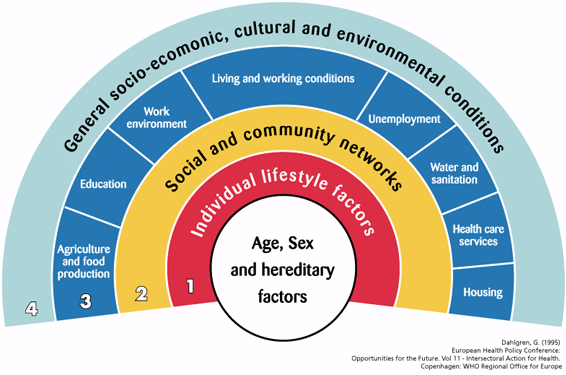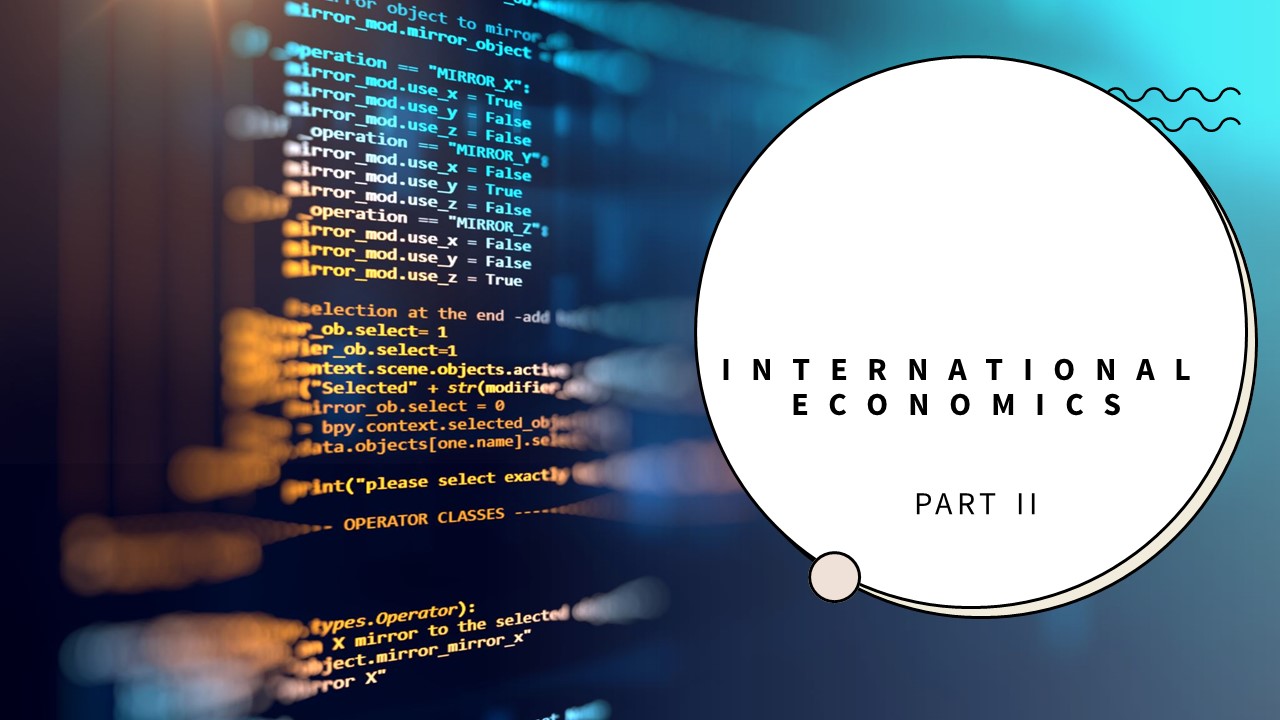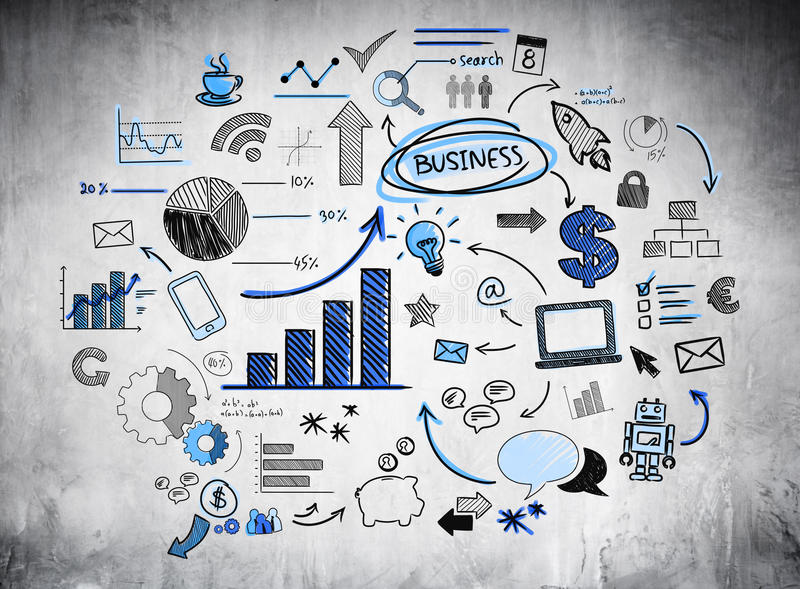ECO-CC-415 Environmental Economics
CO1: To understand environmental problems by using economic theory
CO2: To analyze environmental problems in an alternative approach
CO3: To manage common property effectively
CO4: To apply environmental economics for finding solutions to serious environmental
problems (e.g. global warming, ozone depletion, air and water pollution) at different scales
(global, regional and local).

ECO-GC-501 Economics of Health Care
The course explains key concepts in health economics, health policies, and health issues.

Statistical Methods and Research Methodology (OBE)
This course aims to provide a strong foundation in exploratory data analysis, probability theory, statistical inference and research methodology

Economic Growth and Development
This course aims to enable the students:
· To understand that economic development is a multi-dimensional concept
· To distinguish between the concepts of growth and development.
· To analyze the reasons behind persistence of poverty and inequality in developing countries.
· To identify problems faced by developing countries and suggest suitable policies for tackling them.
· To apply the micro- and macro-theoretic tools learnt, for analyzing various development issues.
· To evaluate the role of institutions in economic growth.
· To analyze the performance of Trade liberalization policies and their effects on human deprivation in developing economies.

Indian Economic Development and Policies
This course in Economics is aimed at developing students'
understanding on factual information
on Indian economy. The course will enable the students to analyze
sectoral performance of the economy. Similarly, students will also learn to use
relevant statistics to analyze
the implication of various economic policies and compare and evaluate the growth and development
trends of the national as well as regional economies.

Industrial Economics
Aim of Industrial Economics is to introduce the students to the field of Industrial organization and to equip students to pursue research in this field.

ECO -C- 441 - Kerala’s Economic Development
The course is the most rewarding of all courses in the sense of applying what learnt from the other courses in addressing the problems of the local economy and society of Kerala. The students with this course can help the planners and administrators of Kerala in policy planning and implementation. This course is divided in to five modules which deal with the growth and structural changes of the Kerala economy, sectoral performances, poverty, unemployment and migration. It also deals with planning and state finances and environmental issues of Kerala.

ECO-CC-411 MICROECONOMICS I
The first core course in the graduate programme of MA Economics. The course fundamentally articulates the following outcome.
CO1: Identify appropriate economic models (e.g., models of perfectly competitive markets and various market imperfections) and apply them to analyse and predict the behaviour of individuals and firms interacting in markets.
CO2: Articulate how individuals and society as a whole benefit or are harmed by economic markets.
CO3: Derive the central results about decision-making and optimum choice (under certainty) of the consumers and firms from first principles.
CO4: Determine the profit maximizing price and quantity under perfect and imperfect competition by use of marginal analysis.
CO5: Course Outcome: Understand the assumptions that underline standard microeconomic models of individual behaviour in a world with scarce resources.
CO6: Understand the utility maximization and expenditure minimization problems

ECO -C-431 International Economics
Aim: Make the learners able to
- Familiarize both theoretical and empirical aspects of international economics
- Understand the consequences of global interdependence
- Evaluate the international economic problems and issues facing the world economies

Basic Econometrics
|
- to familiarize students with the concepts and application of cross section, time series and panel data analysis - to equip students to analyse real life data with the help of econometric tools - to help students to increase their analytical power substantially along with enhancement of other cognitive skills. |

Mathematical Methods for Economics
Aims :
Course Objectives: Mathematics is essential in the expression and communication of ideas in economics. As a way of demonstrating the importance of mathematics in economics, the





